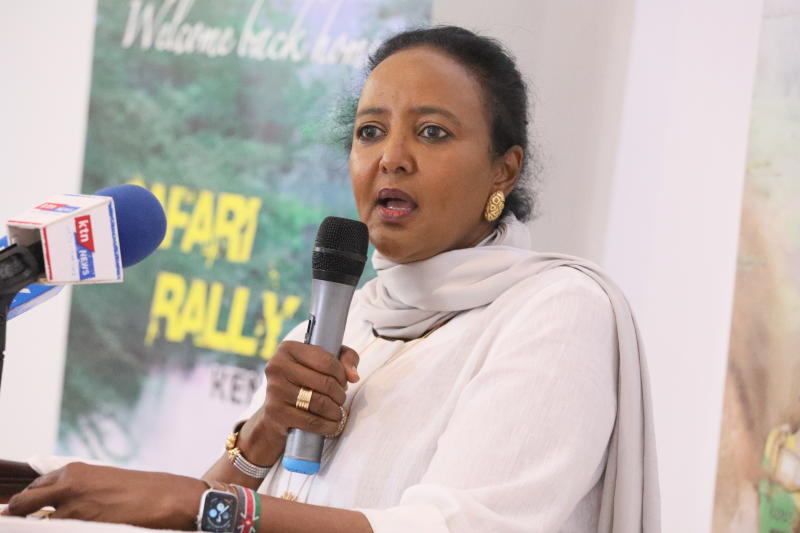By Walcott Aganu
Multiple threats are facing the Nigerian education system, such as funding, access, and the quality of the education itself. The recent onslaught by bandits and terrorist groups on the schools in the northern part of the country where students are kidnapped in their masses represents the gravest latest threat facing the system in Nigeria.
Terrorists and bandits have particularly targeted vulnerable school students, from the Chibok girls’ abduction in 2014 to the mass abduction in Dapchi (Yobe State). Abducting school children for ransom has become a common occurrence. Reports indicate that in December 2020, suspected bandits stormed the Government Boys Science Secondary School in Kankara, Katsina State, and abducted around 300 pupils. Two months after the Kankara incident, on February 17, suspected bandits seized 27 pupils and 15 others from the Government Science School in Kagara, Niger State. In an early morning attack, bandits kidnapped 317 female students from Government Girls Secondary School Jangebe, Zamfara State, less than ten days later. Then, in late May, a group of heavily armed men on motorbikes invaded the town of Regina in Niger State’s Rafi local government area, shooting indiscriminately and kidnapping around 150 students from Salihu Tanko Islamic School.
In Kaduna State, bandits abducted 39 students from the Federal College of Forestry Mechanisation. February 2021, 20 students, together with three non-academic staff, from Greenfield University April, were kidnapped. After the abduction, the bandits murdered some students to persuade their parents and the government to agree to their massive ransom demands. On July 3, tragedy struck once more when bandits stormed Bethel Baptist High School in Kaduna State, abducting 153 students.
Since December of 2020, approximately 1,000 children and pupils have been abducted in several Nigerian states. These figures could be high as some cases may not be getting media attention. Although most have been released following negotiations with authorities, several remain detained.
These attacks have further compounded the weak educational system, which is not suitable for sustainable development. There are fears that if the situation in schools is not addressed quickly, the quality of the labour force and human capital needed to drive a sustainable economy may suffer long-term consequences.
According to UNICEF, one in every five of the world’s out-of-school children is in Nigeria. Even though primary education is officially free and compulsory, about 10.5 million of the country’s children aged 5-14 years are not in school. Only 61% of 6–11-year-olds regularly attend primary school and only 35.6% of children aged 36-59 months receive early childhood education. In the north, the scenes are even worst, with a net attendance rate of 53%.
Peace and serenity are antidotes for good teaching and learning in every educational system. Millions of Nigerian schoolchildren have been caught up in hostilities that have resulted in low attendance and danger to life and property. Regular school attendance is critical for a child’s educational growth and development in any country. When children do not attend school frequently, it has a detrimental influence on the child’s academic growth, the school’s educational development, and the community’s education development.
When students are abducted, they risk being traumatized for the rest of their lives, even when rescued. It has an impact on their educational interests and academic performance, as well as their life goals. For example, some kidnapped victims never return, others are married off early, some are forced to work as children, and many others, particularly girls, are subjected to various types of sexual abuse. If present kidnapping patterns are allowed to continue, the country and the future of our young people will suffer much more severe consequences and the country’s survival may be jeopardized.
As a result, security services and authorities at all levels of government must take proactive measures to combat the increasing insecurity in our schools and throughout the country. To safeguard schools’, lives, and property, governments must demonstrate strength and accept their responsibilities. Terrorists or kidnappers must not be permitted to suppress education. Kidnappers, bandits, and terrorists should not be allowed to use schoolchildren or educational institutions as easy targets. Also, the government should not allow schools to be turned into battlegrounds where individuals may air their frustrations, collect ransom bait, or demonstrate their kidnapping prowess.
A Brookings document has also suggested that making school safe again requires swift and comprehensive action to prevent and support victims to minimize long-term damages. According to the document, the government needs put efforts into these four focus areas:
• Comprehensive threat assessment of schools in the entire Northern region, with subsequent closures and relocation.
• The development of a strong community support network to ensure affected communities are not left behind.
• A reevaluation and revamping of the Safe Schools Initiative.
• Addressing the long-term insecurity threat.
Insecurity and threats to educational institutions can only exacerbate an already perilous situation at a time when a pandemic is rampant and some parents have withheld or refused to send their children back to school. Failure to safeguard schools is a betrayal of the current and future generations.
Failure to safeguard schools is a betrayal of the current and future generations. To help protect our schools and, by extension, the future of our youth and children, all hands must be on deck. No child deserves to be abducted. Education is a vital tool in the fight against poverty and terrorism. The more safe and open schools are, the more young people are equipped to oppose radicalism, and the fewer recruits for terrorists or kidnappers will be accessible. Schools must be better protected and funded if Nigeria is to win the battle against terrorism and kidnappings. They must offer the much-needed support to reduce illiteracy, extremism, and poverty, all of which are stimulants for abduction and many other types of terrorism.
Suppose the ordinary person does not have access to education; he will be limited in his ability to contribute to societal, economic, and political growth because he will be denied the bankable legacy that would have enabled him to compete favourably and contribute handsomely to his society’s growth and development. It is, therefore, pertinent that all stakeholders protect the last resort and only legacy for the ordinary person in the formation of policies and protection of lives and property of all citizens in the country.
African leaders must safeguard our children’s and nation’s futures by taking the necessary individual and communal steps to protect our schools from all types of assaults or kidnappings. Insecurity should not be allowed to persist in our nation, and school abduction should not be permitted to flourish as a lucrative business for kidnappers or other selfish people.


